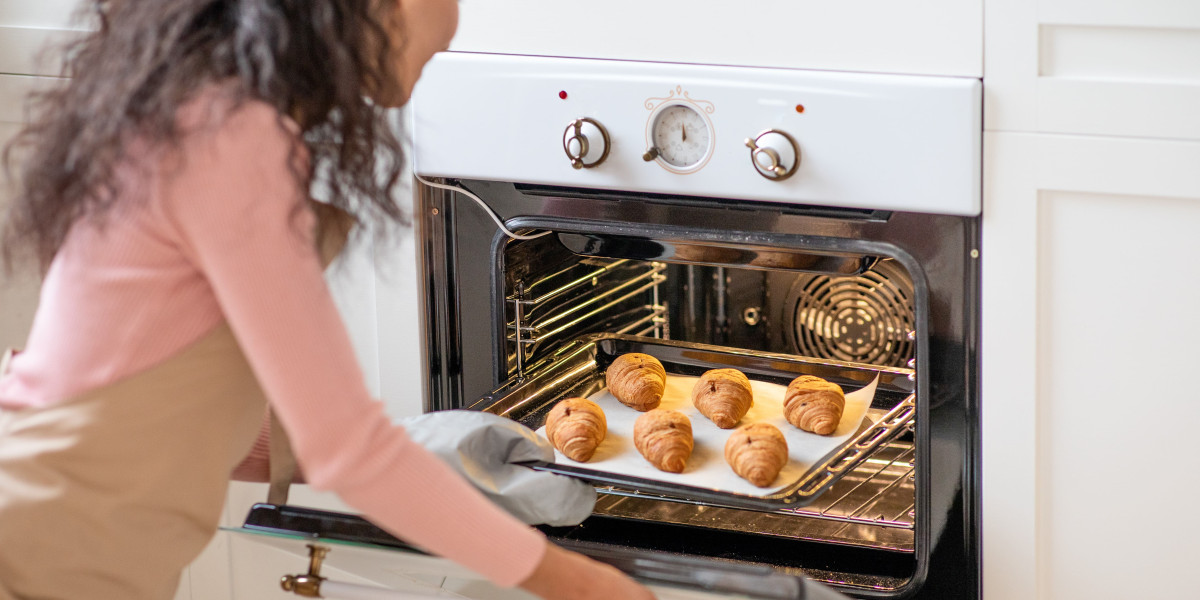
The Integrated Cooker: A Comprehensive Guide to Modern Cooking Solutions
The development of kitchen appliances has actually transformed food preparation and cooking strategies, making meal preparation more effective and satisfying. Among these developments, the integrated cooker stands out as a flexible and space-saving addition to modern cooking areas. This article looks into the numerous elements of integrated cookers, including types, advantages, functions, and a comparison with traditional cooking methods.
What is an Integrated Cooker?
An integrated cooker is a compact cooking appliance that combines multiple cooking functions into one system. Frequently built into kitchen cabinetry, these cookers are created to conserve space while enhancing kitchen aesthetics. They normally integrate a range of functionalities, such as baking, barbecuing, steaming, and even pressure cooking.
Key Features of Integrated Cookers
- Multi-Functionality: Integrated cookers can carry out various cooking tasks, eliminating the need for numerous appliances.
- Space-Saving Design: These cookers fit seamlessly into kitchen systems, making them ideal for contemporary homes with restricted space.
- Advanced Technology: Many integrated cookers come geared up with clever innovation, such as programmable settings, touch-screen controls, and connectivity options.
- Energy Efficiency: Built with modern products and style, they typically take in less energy compared to conventional cooking techniques.
Types of Integrated Cookers
The marketplace offers numerous kinds of integrated cookers, each with its distinct set of functions and functionalities. Here are the most typical types:
| Type | Description | Example Use |
|---|---|---|
| Built-in Ovens | Ovens that are fitted into wall systems or kitchen cabinetry | Baking bread, roasting meats |
| Induction Hobs | Cooktops that use electromagnetic energy to heat pots and pans | Rapidly boiling water, sautéing |
| Steam Ovens | Appliances that prepare food utilizing steam for healthier results | Steaming vegetables, fish |
| Microwave Ovens | Integrated microwaves for fast heating and cooking | Reheating leftovers, making popcorn |
| Mix Ovens | A mix of conventional and steam cooking innovations | Baking while guaranteeing wetness retention |
Advantages of Using Integrated Cookers
Integrated cookers offer a host of advantages over traditional cooking tools. Below are some of the key advantages:
- Space Efficiency: Ideal for compact cooking areas, integrated cookers use vertical spaces effectively.
- Streamlined Cooking Process: With numerous functions offered, users can transition from one cooking method to another with minimal effort.
- Improved Aesthetics: Many integrated cookers been available in sleek designs that mix well with modern kitchen decor.
- Enhanced Cooking Control: Programmable functions enable accurate cooking, ensuring much better meal results.
Integrated Cookers vs. Traditional Cooking Appliances
When thinking about meal preparation alternatives, it is necessary to weigh the advantages of integrated cookers against conventional cooking appliances. Below is a comparison chart:
| Feature | Integrated Cooker | Traditional Appliances |
|---|---|---|
| Area Efficiency | High | Lower |
| Multi-Functionality | Yes | No (requires numerous appliances) |
| Energy Consumption | Typically lower | Can be greater |
| Cooking Speed | Faster (specifically with induction) | Varies |
| Design | Modern and smooth | Varies commonly |
The integrated cooker is a forward-thinking device that fulfills the demands these days's fast-paced way of life. Its multiplicity of functions, space-saving style, and sleek looks make it a rewarding financial investment for any contemporary kitchen.
For those seeking to conserve time, space, and effort in meal preparation, integrated cookers use an exceptional option that improves the cooking experience while providing tasty, well-prepared meals.
Frequently Asked Questions (FAQs)
1. What is the average price of an integrated cooker?
The cost of integrated cookers can vary extensively, normally varying from ₤ 500 to ₤ 3,000 depending on features, brand name, and size.
2. How much maintenance do integrated cookers need?
Upkeep frequently consists of regular cleaning of surfaces and looking for any software application updates if they feature wise innovation. It's suggested to follow the manufacturer's guidelines.
3. Can I change my existing oven with an integrated cooker?
Yes, integrated cookers can typically change standard ovens, however it is vital to seek advice from with an expert to guarantee compatibility with your kitchen design.
4. Are integrated cookers hard to set up?
Setup can be simple for those with DIY experience. Nevertheless, working with a qualified specialist is advised to make sure proper setup.
5. Who benefits most from utilizing an integrated cooker?
Households, time-pressed people, and those living in compact apartments particularly take advantage of the multi-functionality and space-saving design of integrated cookers.
In this age of benefit and effectiveness, integrated cookers are redefining how we approach food preparation. Whether you are an experienced chef or a cooking newbie, incorporating this effective home appliance into your kitchen can considerably enhance your cooking experience.









